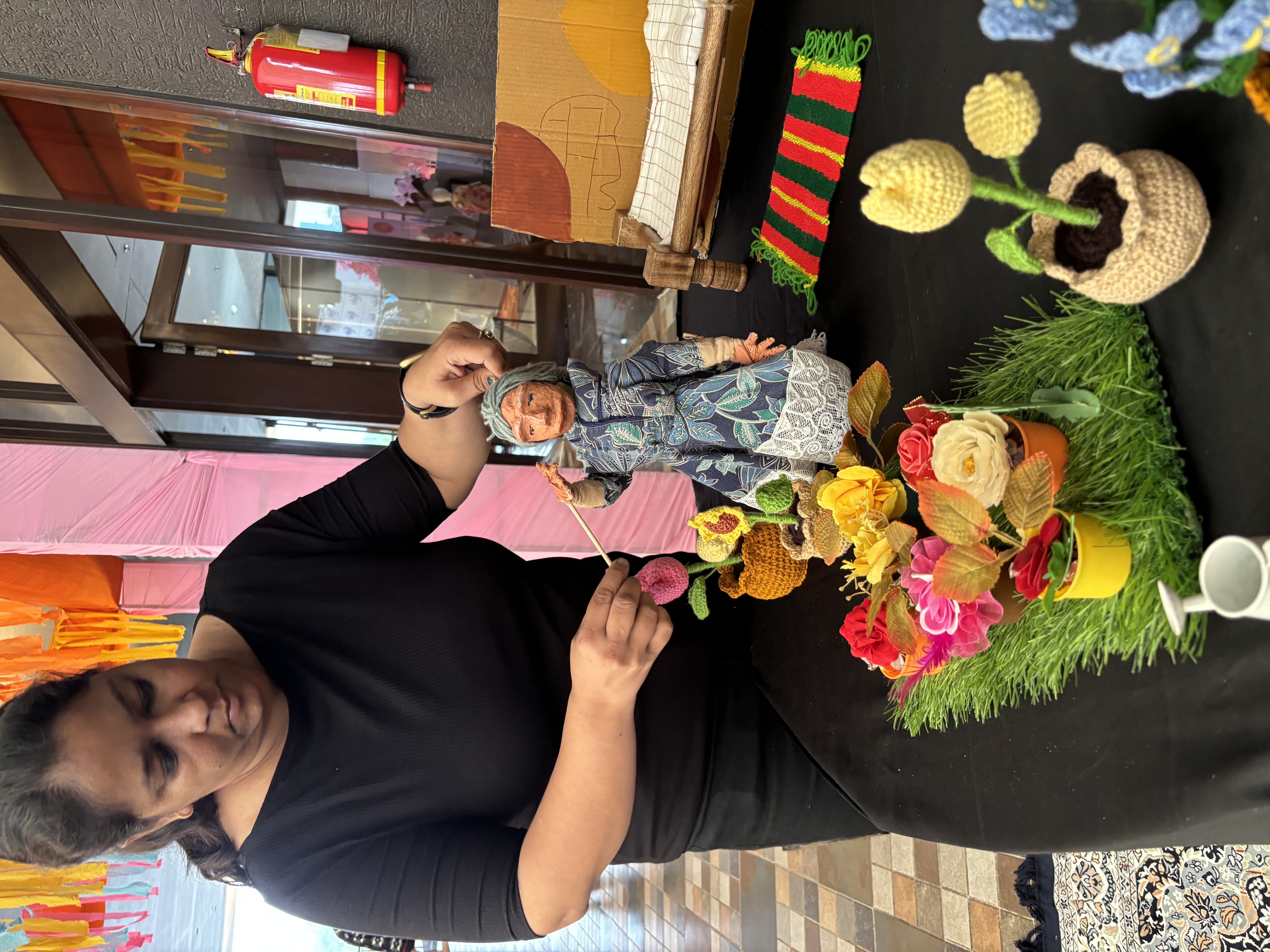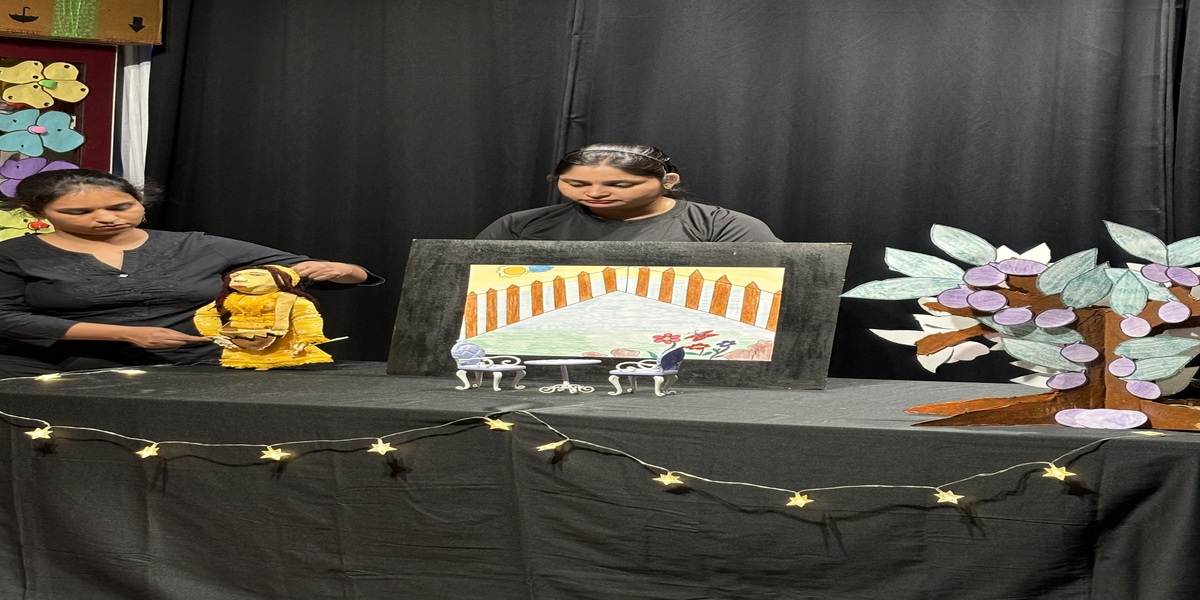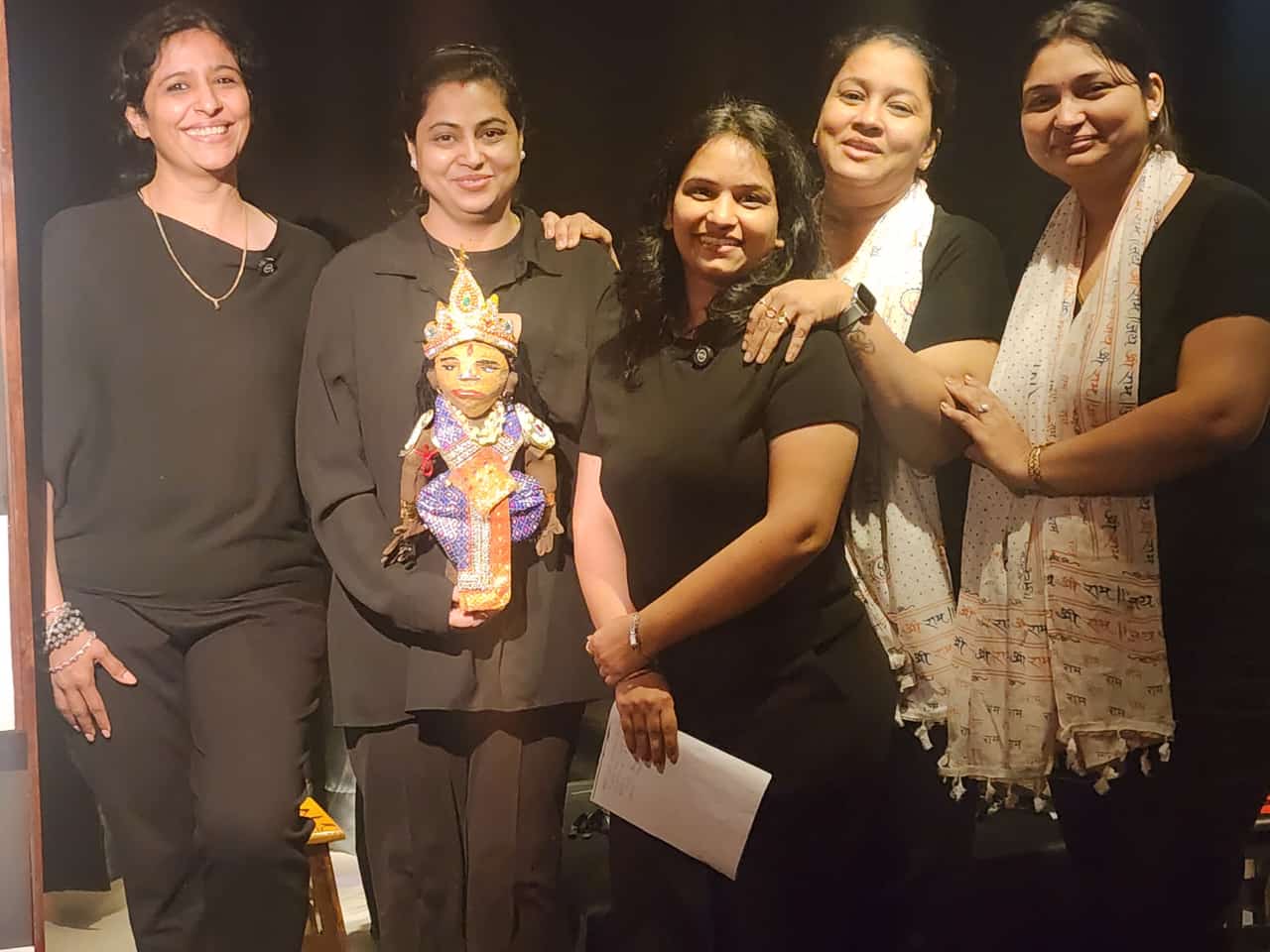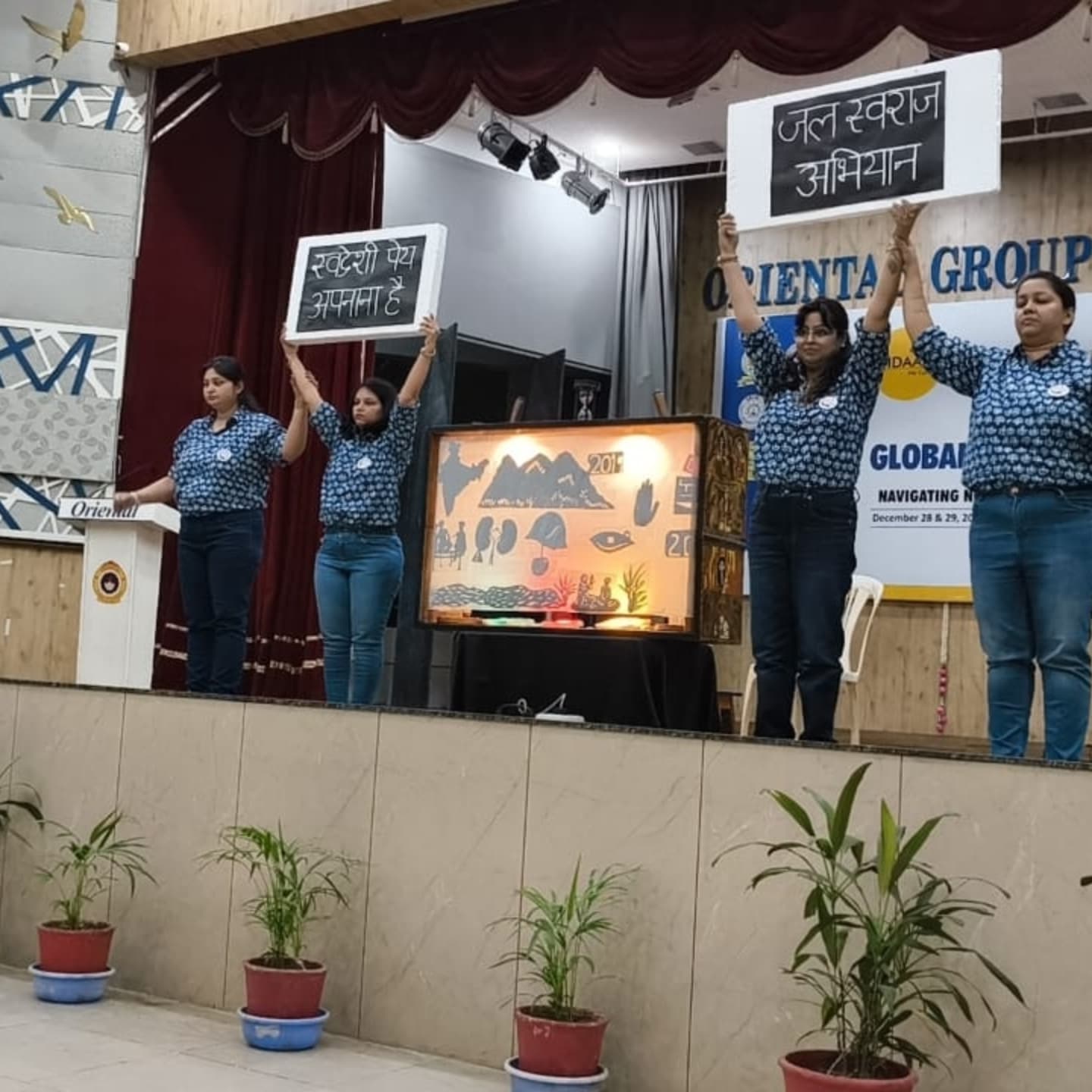
Hum Kaya Karenge
Hum Kya Karenge a table top puppetry.
We in Arghya believe that human beings are defined by stories. The narratives that define us determine how we relate to the world and help us understand how we reach out to others and finally with ourselves.
We perform stories with heart beats.
We have performed Hum Kya Karenge in Mussoorie in October 2024 twice, in Indore at The Tranquility centre, in Vidhya Sagar School, St. Vincent Paloti School, Holy Cross School, Catalyst World School, Shri Vaishnav School and at our Arghya Puppet Theatre many times since April 2024.
Hum Kya Karenge is a story which presents a conflict between man and nature. Mankind has always caused harm to nature without realising that it is causing more harm to the human race.
Can’t we all just live in peace and coexist with nature.
The discussion is never ending but we need to take steps how small they may be. We as humans need to understand that we are not the most important species on earth.




